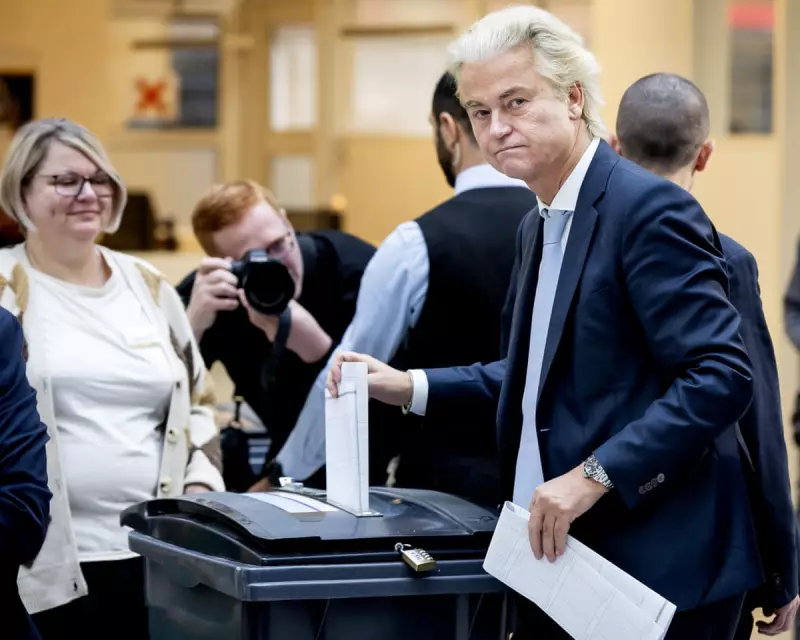
The Political Earthquake That Shook Europe
When Geert Wilders and his Party for Freedom (PVV) secured a stunning victory in last year's Dutch elections, it sent shockwaves across Europe. For the first time, the firebrand anti-immigration politician had convinced enough voters that the far-right was ready to govern. Now, twelve months into this political experiment, the Netherlands finds itself at a crossroads.
The Promise Versus The Reality
Wilders campaigned on a platform that promised dramatic changes: strict immigration controls, a referendum on leaving the EU, and what he called a Dutch first approach to governance. The reality of coalition politics, however, has forced significant compromises.
The most notable concession saw Wilders step aside from the prime minister's role to secure a governing majority, instead installing former intelligence chief Dick Schoof as a compromise candidate. This political manoeuvre revealed the tension between campaign rhetoric and the practicalities of governance.
Key Policy Battles and Public Response
Immigration: The Central Battleground
The government's most controversial measures have focused on immigration, attempting to deliver on Wilders' long-standing promises. Proposed policies include:
- Stricter asylum seeker limits
- Reduced family reunification rights
- Enhanced border controls
- Cultural integration requirements
Yet implementation has proven challenging, with legal hurdles and European regulations creating significant obstacles.
Economic Pressures and Social Division
Beyond immigration, the government faces growing economic concerns. Rising living costs and housing shortages continue to dominate public discourse, testing whether the administration can deliver tangible improvements to voters' daily lives.
Meanwhile, social cohesion remains strained, with ongoing debates about national identity and the place of minority communities in Dutch society.
The International Dimension
Wilders' government has inevitably altered the Netherlands' position within Europe. While the threat of a Nexit referendum has been shelved, the country's approach to European cooperation has shifted noticeably. Relations with traditional allies have become more transactional, reflecting the government's nationalist priorities.
Public Opinion: A Nation Divided
Recent polling suggests a complex picture of public sentiment. While Wilders' core supporters remain largely loyal, moderate voters express growing concerns about the direction of the country. The political opposition has struggled to capitalise on these anxieties, leaving the political landscape fragmented.
What Next for the Dutch Experiment?
As the government approaches its first anniversary, several key questions remain unanswered:
- Can Wilders maintain coalition unity as difficult decisions loom?
- Will economic realities force further policy moderation?
- How will Dutch voters ultimately judge this political experiment?
The world continues to watch closely as the Netherlands navigates this unprecedented political chapter. The outcome will not only shape the country's future but could influence far-right movements across Europe seeking to transition from protest parties to governing forces.
One year in, the verdict on Wilders' Netherlands remains very much a work in progress, with the ultimate judgment resting with Dutch voters in the months and years ahead.





